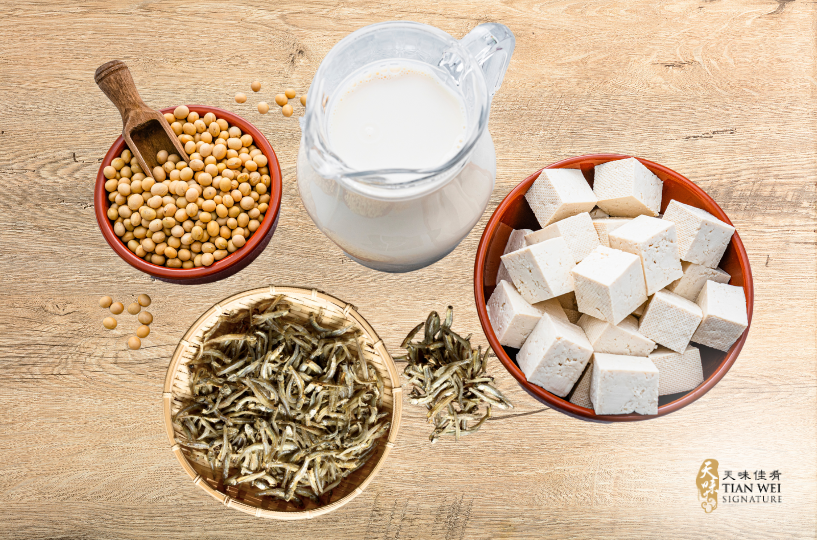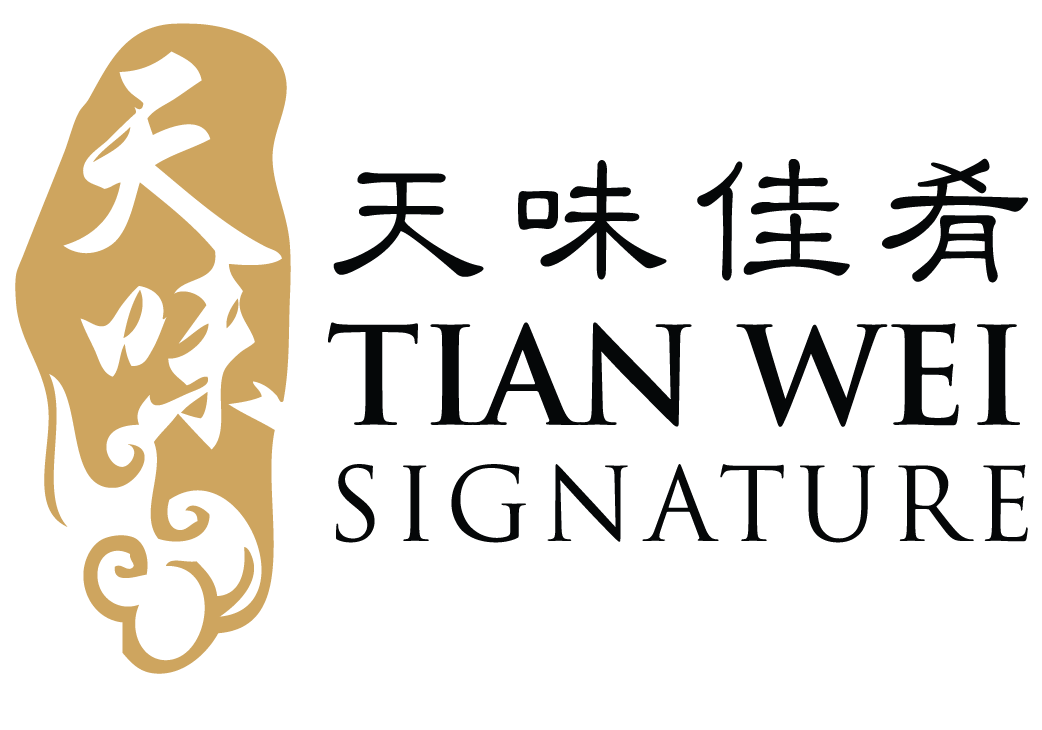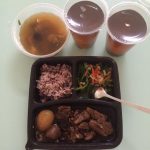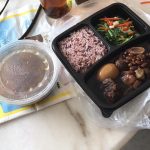81 Tagore Lane, TAG A, #01-11 Singapore 787502 ♦ Reservation : +65 6727 5599
Dietitian Shares: Are You Having Enough Calcium During Pregnancy?

In 2010 Singapore’s National Health Survey found that the average Singaporean is having about 800 mg of calcium per day which is considered adequate for those at the age of 19 to 50 years old and not pregnant. The calcium recommendation during pregnancy increases up to 1000 mg of calcium per day. Thus, it is important for mothers to be aware of this to obtain optimal calcium intake.
We know that mothers with constantly low intake of calcium during pregnancy with other factors may be at risk of low bone mass and osteoporosis later in life. However, adequate calcium is beyond maintaining bone health. It plays various roles to support our body with good health! It helps muscles to move and nerves to carry messages from the brain to every part of the body. It also helps blood vessels move. Let’s take a dive into the role of calcium during pregnancy!
Beyond Healthy Bones
In one meta-analysis, adequate calcium intake is linked with a 46% reduction in the risk of developing pre-eclampsia. This is pertinent in Singapore as the number of older first-time mothers who may be obese is on the rise.
Pre-eclampsia is a condition in which a pregnant woman develops high blood pressure and protein is found in her urine after the 20th week of pregnancy. It is a condition in which when not managed well would affect her organs and the fetus. This condition can only be “cured” with delivery. Gestational hypertension can lead to premature delivery and very low birth weight babies.
Recommended Intakes
Generally, The Singapore Health Promotion Board recommends an intake of 1000mg of calcium per day for the average healthy pregnant woman. However, if you are at risk of pre-eclampsia, you may need a higher intake of calcium. Advanced age and weight are some of the factors that increase one’s risk of pre-eclampsia.
So, should pregnant mothers consider taking calcium supplements? World Health Organization (WHO) recommends that those who have low calcium intake should consider taking calcium supplements. However, it is recommended to try increasing your dietary calcium first.
Calcium-rich Food Sources
| Foods | Calcium per 100g (mg) |
| Calcium Fortified Soy* |
200 |
| Calcium Fortified Dairy* |
200 |
| Cheese, reduced fat |
1720 |
| Low Fat Natural Yoghurt |
170 |
| Calcium Fortified Orange Juice* |
129 |
| Sardine, canned in oil, drained |
367 |
| Ikan Bilis |
222 |
| Chinese Spinach, raw |
287 |
| Watercress, raw |
200 |
| Unspecified dark green leafy vegetables, raw |
103 |
Reference: Singapore Food Composition
*nutritional content observed from specific commercial products

Here’s Some Practical Tips
- Choosing calcium-fortified dairy or soy means only requiring to take 2 servings of dairy/ soy per day instead of 3. Each serving, which is 1 cup (~250m), contains about 500 mg of Calcium. Two cups a day would help you achieve the recommended intake of 1000mg of Calcium per day.
- Avoid taking calcium-rich foods with iron rich foods together! Iron chelates with calcium, reducing the absorption of calcium in the gut. Iron or calcium-rich foods should be eaten separately:
- A glass of fortified milk and iron-rich cereals
- A glass of calcium-fortified drinks with iron-fortified oats
- Cheese slices with iron-fortified bread
- Adequate vitamin D increases the absorption of dietary Calcium in the intestine from 10-15% to 30-40%. Thus, obtaining adequate vitamin D from food, sun exposure or supplements is essential. A study by KK Women’s and Children’s Hospital in 201 found that up to 90% of pregnant women had insufficient vitamin D.Thus, it is important to be supplemented with vitamin D accordingly. Being out in the sun during pregnancy for 10-15 minutes is beneficial for you as it helps you obtain adequate vitamin D and mental health.
- If you eat bread pretty regularly, you can also consider having calcium-fortified bread instead of your regular unfortified bread. This type of bread can provide up to 273 mg of calcium per serving ( two slices of bread per serving).
Summary
With a little planning, obtaining adequate calcium regularly is not too difficult. It can be incorporated easily into our meals and our lifestyle. Being more aware of how frequently you consume milk, or what type of bread or food you buy at the supermarket will help you achieve a better intake of calcium daily. If you do have a higher risk of pre-eclampsia such as being pregnant above 40 years or having a BMI above 35kgm-1, it is wise to seek personalised advice and supplementation from your healthcare provider and dietitian. Do discuss with them how your dietary intake can be optimised during pregnancy.
It is important to note that adequate calcium intake during postpartum is important for both mother’s and baby’s bone health especially if a mother chooses to breastfeed. High demands of calcium are required during this time. Thus, it is important to include adequate calcium rich foods in your diet as you plan for your postpartum recovery meal plan or confinement food delivery sg.







